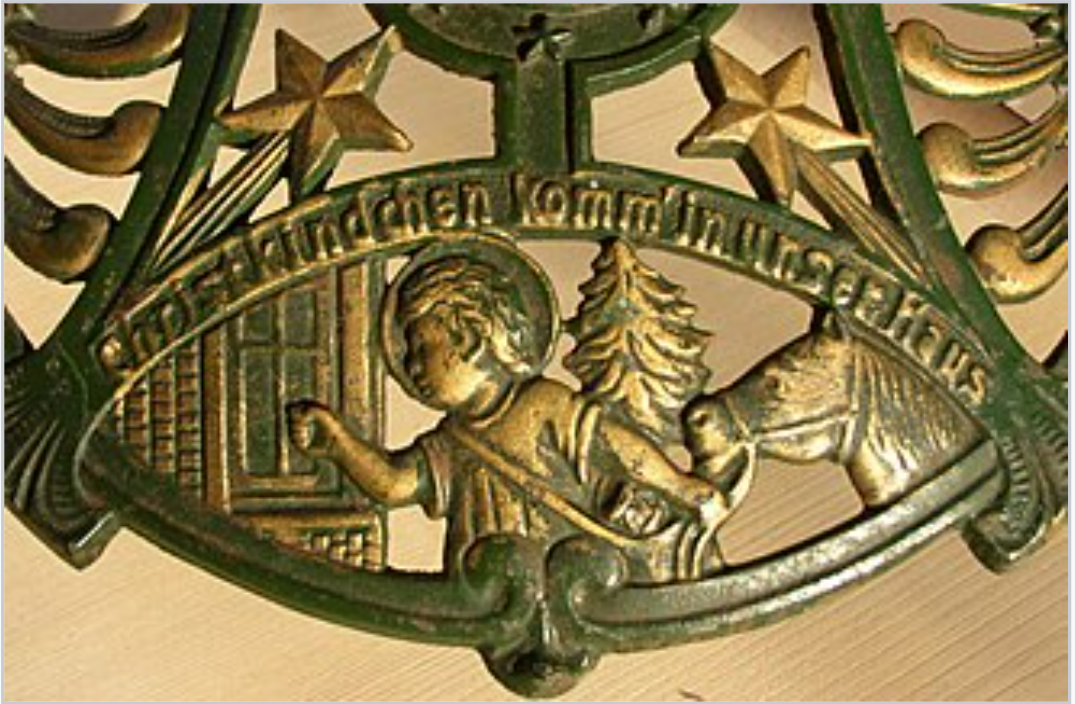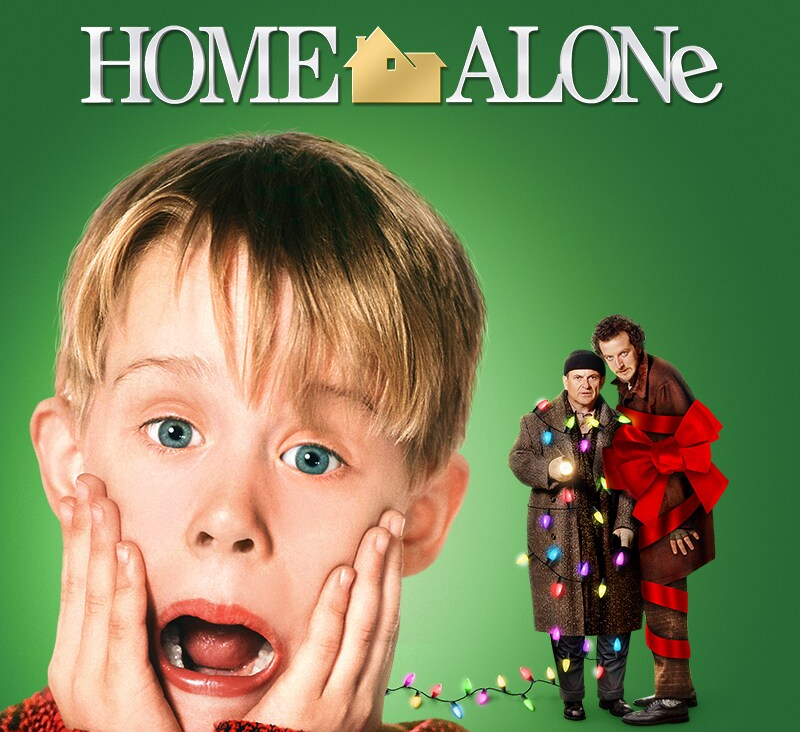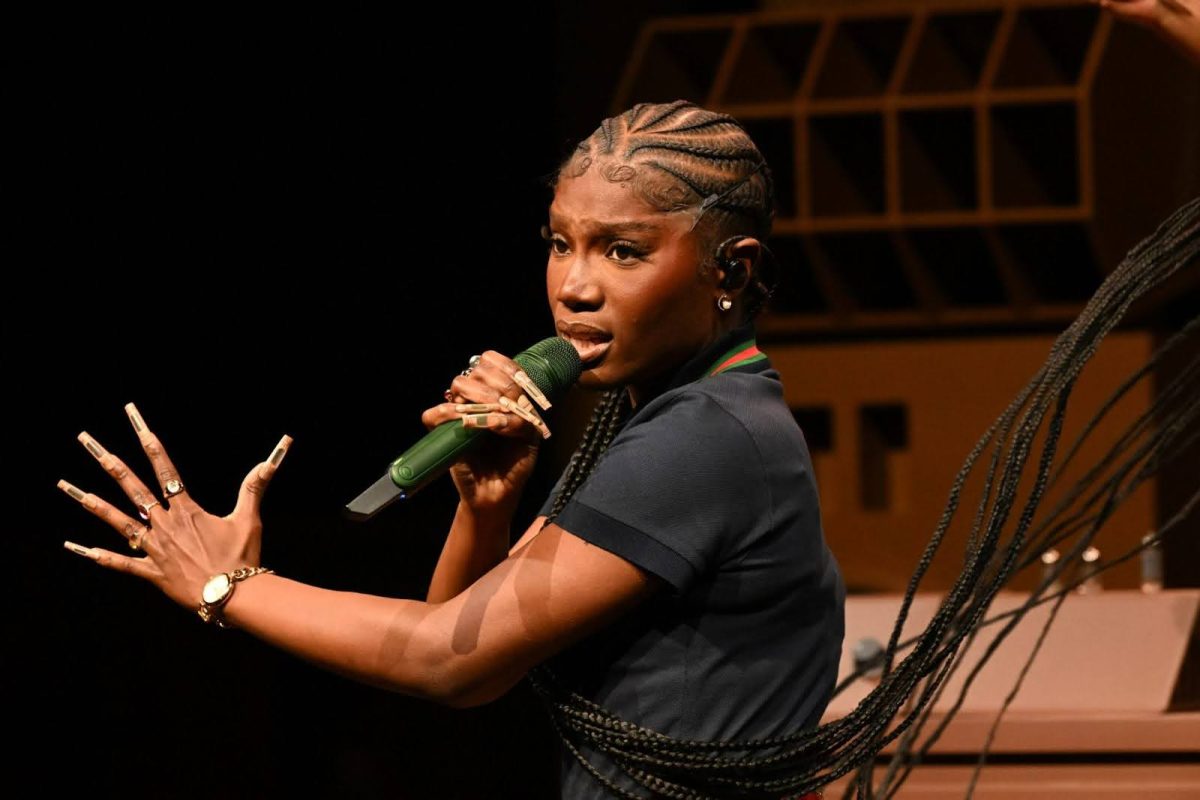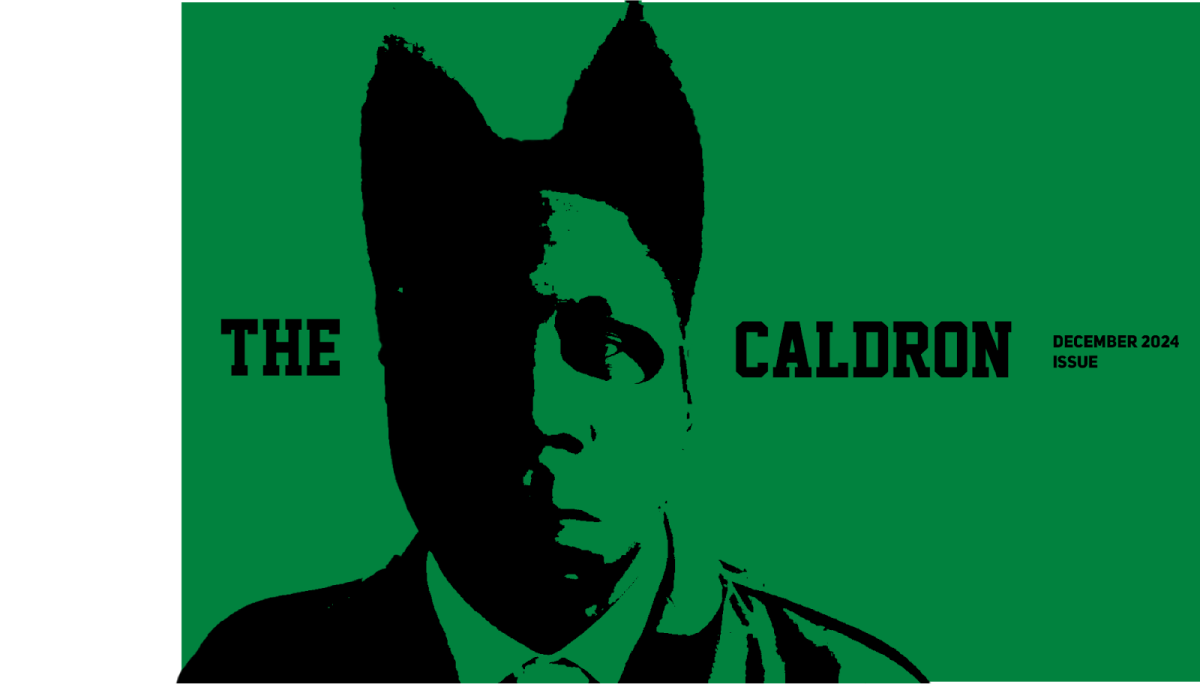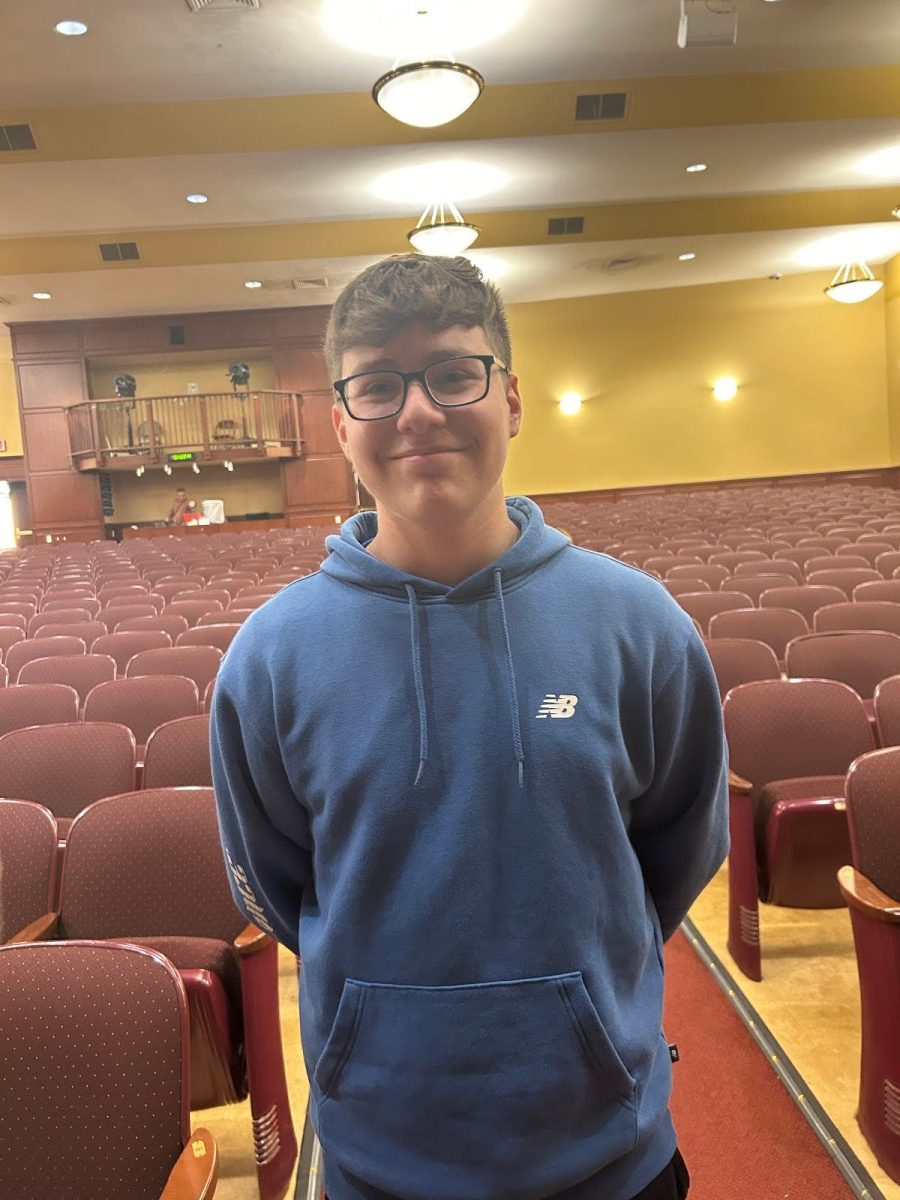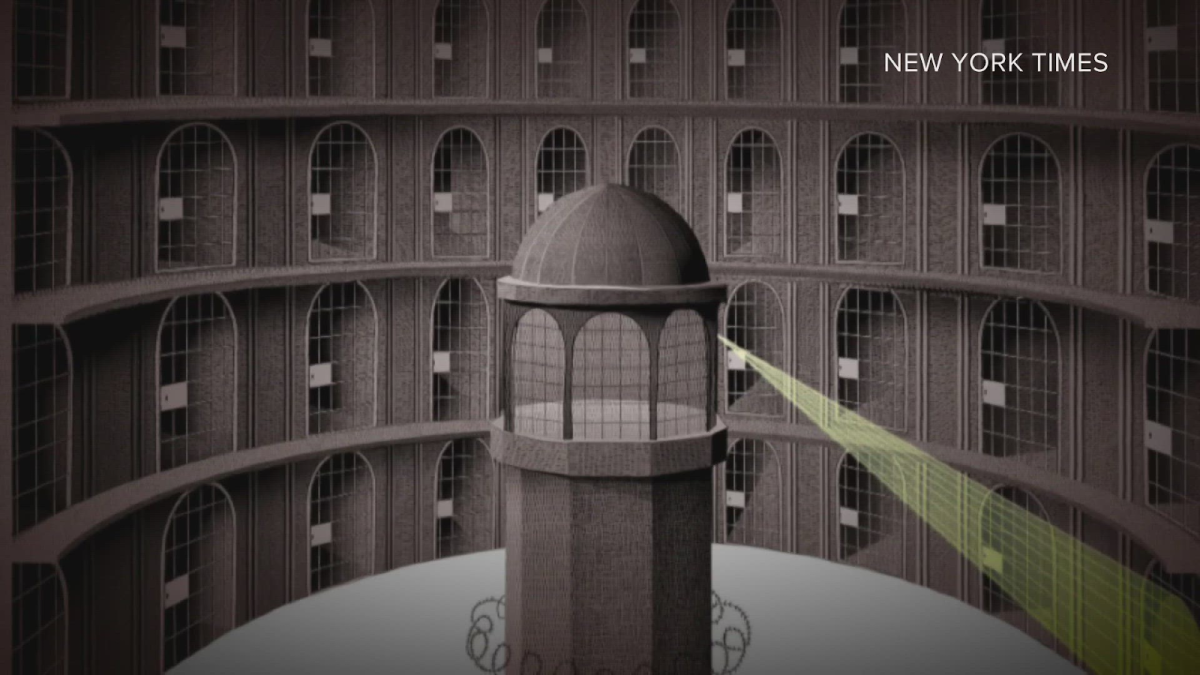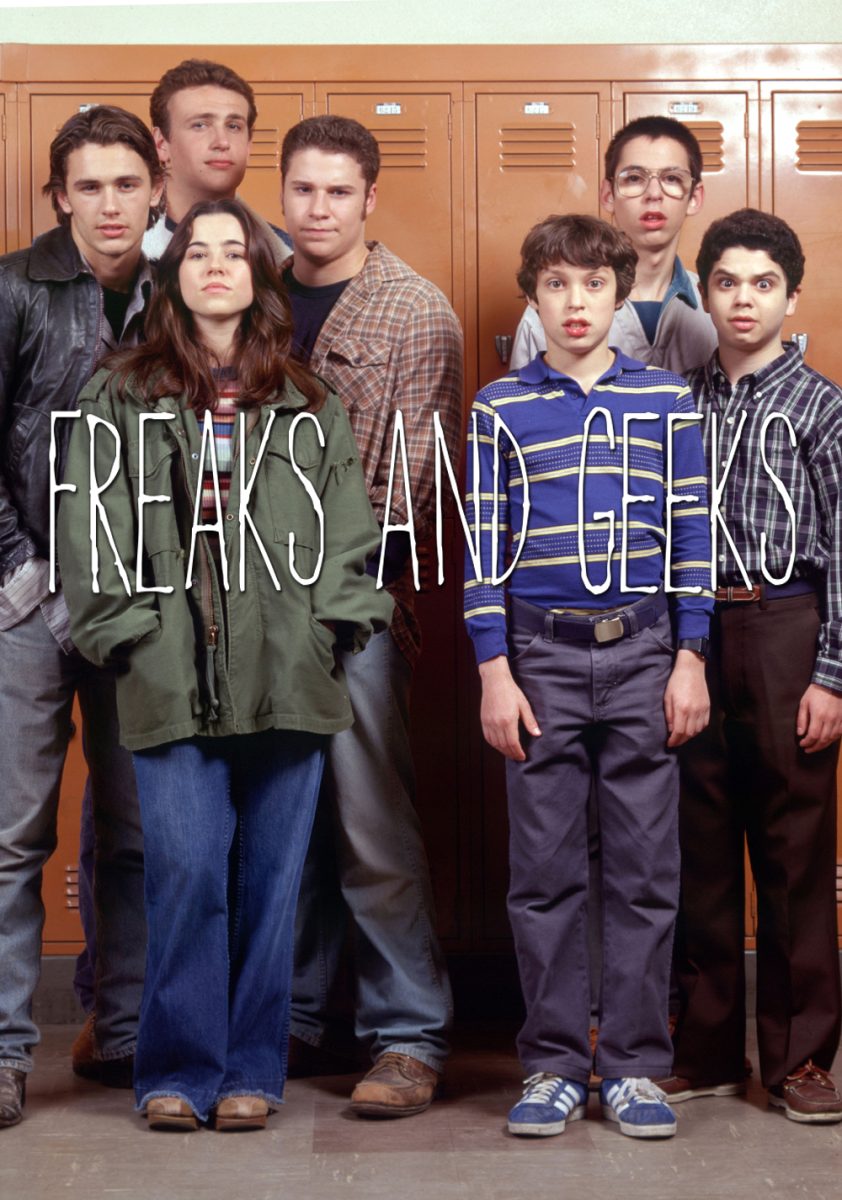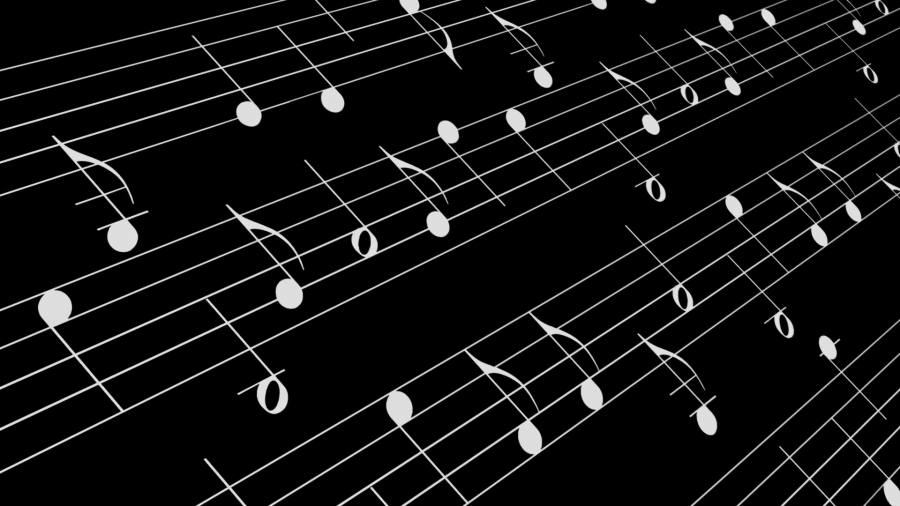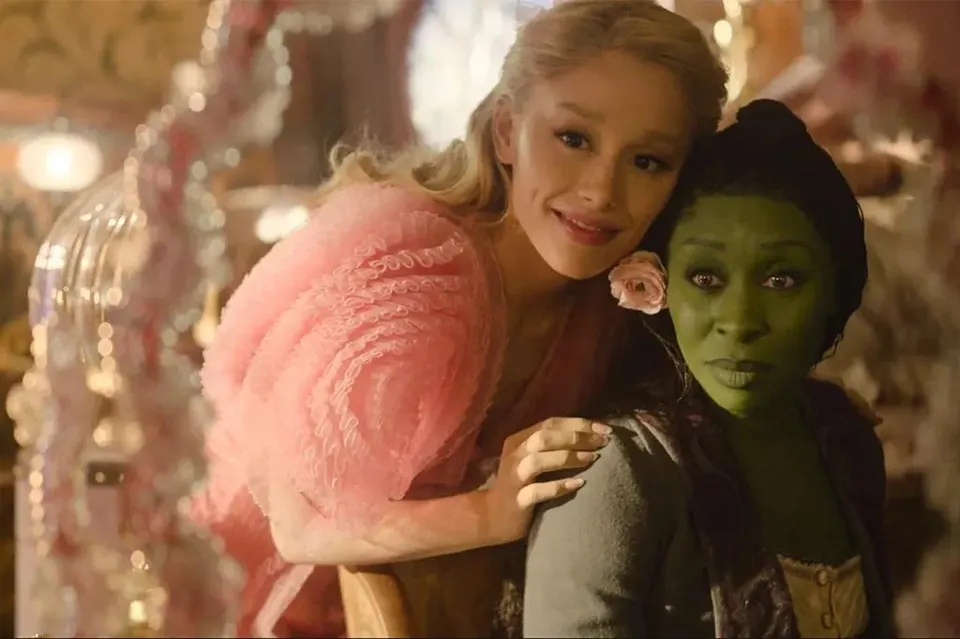Music (and art in general) is universally regarded as a force that brings people together. Historically, cultures have celebrated their own music as well as the music of others, and as a result, peace has been established between different groups of people through this artistic medium. However, just as music can serve as a bridge between cultures, it can also be utilized as a divide and a barrier.
Felix Mendelssohn was a German composer, conductor, and pianist in the early 19th century, more commonly referred to as the Romantic Period. He was also the grandson of a renowned Jewish philosopher, Moses Mendelssohn, who had advocated for Jewish acceptance in German society. Despite being born into a Jewish family, Felix was baptized as a reformed Christian at seven years old by his parents, who recognized Felix’s talent and knew that he would have no chance of being accepted into European society if he proclaimed his Jewish heritage. Due to the popularity of his grandfather and the distinguished positions of his Jewish ancestors, Mendelssohn was still regarded as a Jew by society, and was therefore discriminated against in life and in death. Felix was forced to give up part of his identity in the hope of acceptance, and he was still rejected.
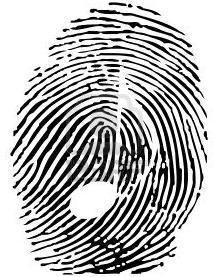
Mendelssohn’s most outspoken critic was the German composer Richard Wagner, best known for his operas (such as The Ring) and pieces such as Ride of the Valkyries, and the Bridal Chorus (Here comes the Bride). Despite his undeniable creativity and talent, Wagner was also known for his ego, arrogance, and absolutely vile antisemitism. In 1850, three years after Mendelssohn’s death, Wagner published his essay “Das Judenthum in der Musik” (Jewishness in Music). In this essay, Wagner argued that Mendelssohn “has shown us that a Jew can possess the richest measure of specific talents, the most refined and varied culture … without even once through all these advantages being able to bring forth in us that profound, heart-and-soul searching effect we expect from music.” Wagner had felt threatened by Mendelssohn’s partial acceptance from German society, and viciously attacked him as a result. The essay became popular and almost erased Mendelssohn from history. Thousands of European (and especially German) maestroes with limitless potential who happened to be Jewish were suppressed by the ever-present but growing anti semitic culture of Europe at the time, spurred on by Wagner’s essays. We will never be able to listen to what these great minds could have composed.
Meanwhile, Wagner created the spark of the Nazi movement not only through his essays but also through his music, with Adolf Hitler adopting his operatic compositions as anthems of Nazi Germany and attesting to having been inspired by his music in a chapter of Mein Kampf. To this day, Wagner’s music is taboo in Israel. The fact that this anti semitic monster’s music is still played at nearly every Christian wedding today (“Here Comes the Bride”) summons the argument of whether an artist can be separated from their art, but that is a separate discussion.
Luckily, art is much more commonly used to claim one’s identity than to be a cause to alter it. This was certainly the case for legendary film director Steven Spielberg. As a child Spielberg confessed that “I was embarrassed because [my family and I] were Orthodox Jews. I was embarrassed by the outward perception of my parents’ Jewish practices. In high school I got smacked and kicked around. Two bloody noses. It was horrible.” Because of this childhood taunting, Spielberg “denied” his Judaism for a long time. However, while directing Schindler’s List (A historical period drama about a businessman that saves the lives of thousands of Jews during the Holocaust), he found himself re-claiming his Jewish identity, feeling a cathartic release from sharing a cultural story with the world through an artistic medium.
I imagine that Mendelssohn would have appreciated hearing about Spielberg’s artistic experience and delighted in the fact that a Jewish piece of art earned the appreciation that it deserved. Since the classical days of Mendelssohn, new genres of music have evolved that serve as cultural outlets such as jazz, rap, and hip-hop. Although these genres occasionally experience problems similar to the ones Mendelssohn encountered, new genres of music have mainly broadened the acceptance of the masses and enabled us to celebrate a unique, rich culture while avoiding per into a platform for discrimination.




